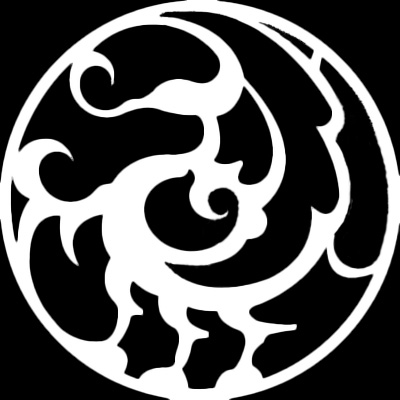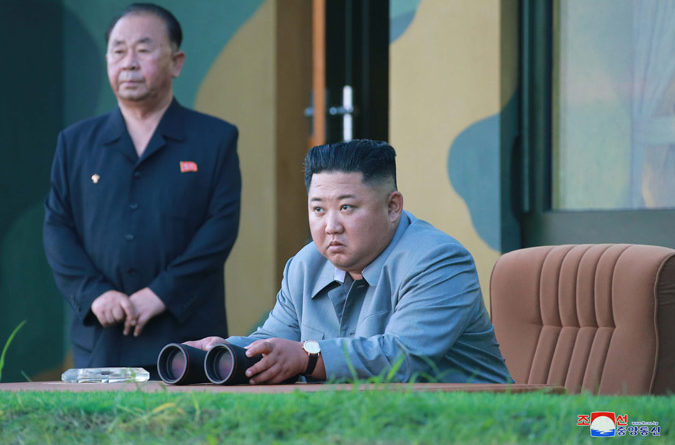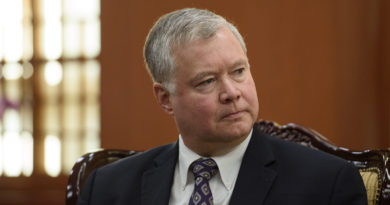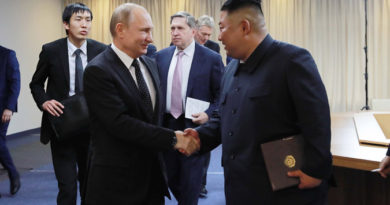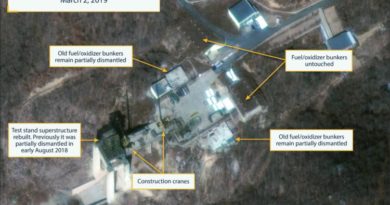DPRK Assessing Security Posture
DailyNK reporting indicates that the DPRK is assessing its security posture in the Northeast border region. Last May, the Vice Director of the State Security Department of Pochon County charged local residents with reporting individuals who make phone calls abroad, according to Ryanggang Province sources. These international phone calls were referred to as “counter-revolutionary acts” and are punishable as “treason against the homeland,” “treason against the people,” and “illegal international communication.” Individuals convicted of these “crimes” can be sentenced to death or re-education in the North’s network of gulags, where individuals are underfed, tortured, raped, and forced to perform manual labor — such as mining for minerals for domestic consumption or export. These human rights violations rise to the level of crimes against humanity, as reported by the UN Commission of Inquiry on Human Rights in the DPRK.
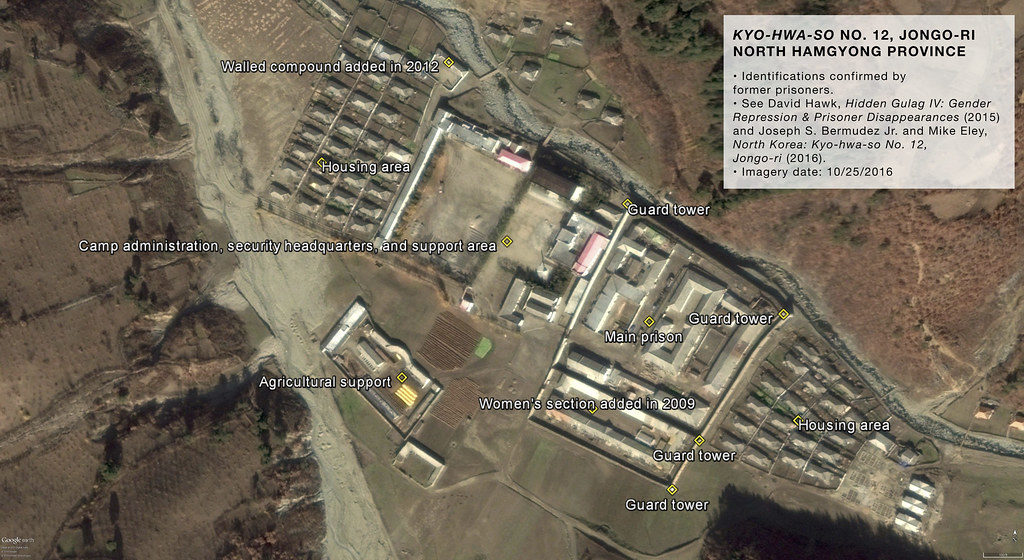
DPRK Concerns in the Border Region
DailyNK reports that residents of Sinpa (Kim Jong Suk) County — located along the Amnok River in Ryanggang Province — participated in an “alertness, reporting system, and adaptability drill.” Military members and their families from another region were brought in to serve as the OPFOR in this drill, which aimed to increase vigilance among the local population against “spies or saboteurs trying to penetrate the border region.” Of note, a man was arrested in Pochon County (located to the Northeast of Kim Jong Suk County, along the Amnok River) for “speaking in a South Korean manner.” The Ryanggang Province source indicated that State Security Department officials determined this man had family located in the ROK and was carrying 25,000 RMB (approx. $3,600). In the same report, a Ryanggang-based source indicated there was an attempt to bomb a statue in Hyesan (a city located between Kim Jong Suk and Pochon Counties) and several people were arrested for gathering information to send to the ROK. Moreover, the MSS in Hyesan reportedly issued an emergency directive in June warning of information being leaked by security officers and mentioned previous cases where this has occurred.
Songbun — A Hereditary Caste System
The DPRK maintains a hereditary caste system, called songbun, whereby the highest caste occupies the seats of power in Pyongyang, while the lowest caste is relegated to the harsh terrain of the Northeast. The DPRK deeply distrusts the “hostile” classes occupying the Northeast, which led to discrimination against this population during the food crisis of the 1990s. Consequently, this population spearheaded the so-called Jangmadang Generation engaging in underground market activities and unsanctioned cross-border trade with populations in the PRC. Also, the 6th Corps of the KPA, based in North Hamgyeong Province, planned a coup d’etat in 1996 that ultimately failed and led to executions, prison sentences, and the dismantlement of the 6th Corps that holds to the present day. Thus, distrust of the Northeast leads to discrimination, which leads to “counter-revolutionary acts,” which leads to further discrimination in a never-ending cycle of repression.
North Korean Resistance
In March 2018, ABC News published a report featuring the North Korean People’s Liberation Front and Free North Korea Radio. The NKPLF was formed in September 2010 and is comprised of former KPA members planning to overthrow the DPRK government. The organization claims to have the support of contacts still embedded within the KPA. Meanwhile, FNKR broadcasts news across the border aimed at revealing the quality of life improvements defectors have received by leaving the DPRK. Moreover, the Provisional Government of Free Joseon (previously known as Cheollima Civil Defense) has recently been in the news for their own anti-DPRK activities, and the group also claims to maintain contacts with people in the North. The existence of these groups coupled with low-level acts of defiance within the borders of the DPRK represent a threat to the prison state that is North Korea.
The DPRK government seems to assess that the risk of this threat is mid to high. In 2017, the DPRK’s MSS claimed that the CIA and the NIS infiltrated a group into the DPRK for the purpose of executing a biochemical attack against the DPRK leadership.
“The Central Intelligence Agency of the US and the National Intelligence Service (NIS) of south Korea, hotbed of evils in the world, hatched a vicious plot to hurt the supreme leadership of the DPRK and those acts have been put into the extremely serious phase of implementation after crossing the threshold of the DPRK.”
KCNA
This statement came after the assassination of Kim Jong Nam, which was followed by rumors that the elder Kim brother had met with the CIA. These rumors resurfaced last month by The Washington Post, which claimed to have confirmation from US intelligence officials. Interestingly, The Post also broke the rumors that the PGFJ contacted the FBI based on “people familiar with the matter,” and rumors claiming the group tried to make Kim Jong Nam the leader. PGFJ’s contact with the FBI was later confirmed by the group, indicating that the Post has a reliable source within the IC. Therefore, it is probable that KJN did, in fact, meet with CIA agents, though there is no evidence to suggest he was providing the agency with any information. Also, we have confirmation that the PGFJ did aid Kim Han Sol in escaping Macau after his father’s assassination.

Conclusion
For the reasons mentioned above, if the IC is engaged in contact with assets within the DPRK then it is probable that many of those assets would be located in the Northeast Provinces. Further, any HUMINT operators targeting the DPRK would likely be operating around known defector routes that DPRK defectors travel along to escape the prison state. The DPRK’s heightened security posture in the Northeast region seems to indicate discovery of these operations. Further, intelligence sharing between Russia/PRC/Iran with the DPRK may have revealed CIA TTPs, as was the case in Iran and the PRC. Hopefully, if the CIA is managing assets in the region, they have moved from the compromised Internet-based communications system discovered by Iran in 2009.
Featured Image: KCNA
